Wild West Words: Wool, Lodge, and Explore
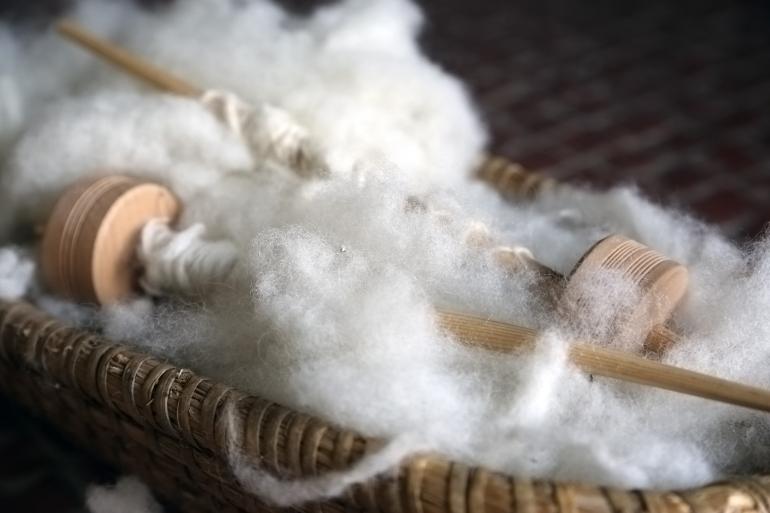
Wool
Domestic sheep were introduced to western Europe from Mesopotamia some 3,000 years ago. Since that time, Europeans have been shearing, spinning and weaving with the wool of these animals.
The word wool has a long history in the English language. The Oxford English Dictionary’s historical database traces its earliest citation to the year 725, but considering the importance of wool in the lives of early Europeans, the word was likely in verbal circulation long before that.
It’s interesting to note that most Germanic languages—Dutch, Swedish, Danish and German—share very similar-sounding words for sheep’s hair: wol, ull, uld and Wolle. Meanwhile, the Romance languages rely on Latin-based terms for wool. It’s lana in Spanish and Italian, and la laine in French.
Lanolin, the word for the fatty substance derived from wool, comes from the Latin branch of the language tree, as does an unsung adjective lanose, meaning “woolly.” Related to all these is Lanier, a French occupational surname for people who bought, sold or processed wool in past ages.
Though not native to the New World, immigrant’s sheep were abundant in the American colonies by the mid-1600s. When vast sheep herds were established in the American West in the nineteenth century, the old word wool escaped onto the new frontier.
Woolies became the catch-all term for chaps made with the shaggy hair of sheep, goats or bison. Woolsie is a cowboy term for a cheap hat made of felted wool rather than the more preferred and expensive beaver pelt. Slang for the hair on the human head (and possibly a winking reference to the towering woolen wigs of eighteenth-century European aristocrats), it became the principal noun in pull the wool over one’s eyes (U.S., 1838), figuratively to deceive someone by temporarily blinding them with a mess of hair.
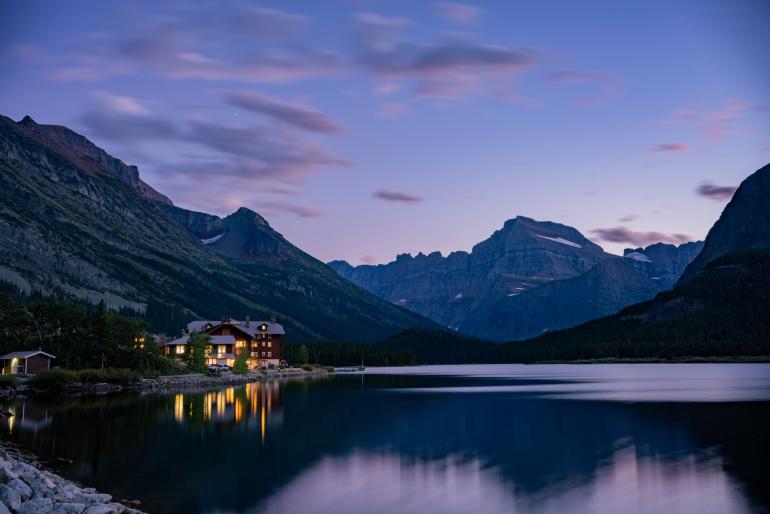
Lodge
The word lodge evokes special images for us here in the West. A fishing, hunting or ski lodge provides shelter and a place for conviviality during some of our favorite outdoor endeavors. Beaver lodges, impressive aquatic structures, attest to the creature’s industry. Tall, thin lodge pole pines have been used in Native lodge construction for generations.
Though the term lodge seems right at home here in the New World, it’s another example of a linguistic import. Tracing this term to its origins takes us back to the England of the 1200s, when lodge referred to a tent, hut, or even a shelter made of branches. A chronicle dated 1523 mentions travelers who “cut down bowes of trees…to make themselves lodges.” In that same era, a lodge could also be the lair of an animal, be it dragon, stag, ant or beaver.
In fifteenth-century Scotland, a lodge was a forest dwelling used during the hunt. Shakespeare used the word this way in his Much Ado About Nothing (1600) and Merry Wives of Windsor (1616).
A word of such utility was bound to follow English speakers wherever they roamed. American explorer Zebulon Pike mentioned “Sioux lodges” in an 1805 publication. The term lodge-pole was cited in the same year, followed in 1859 with lodge-pole pine.

Explore
Imagine investigating unknown territory without map or guide. As the point person, you make the first astounding discovery. A hundred-foot waterfall. A herd of tiny striped ungulates gathered around a lake. You call to your companions: wow, look at this!
Such a scenario may provide an etymology in a nutshell. The verb explore is made of the Latin prefix ex- (out) and plorare (to shout). It literally means “to cry out,” possibly in astonishment at a discovery.
As a spelunker in my youth, I spent many hours exploring the subterranean unknown. My cave-loving companions and I descended in anticipation of gleaming stalactites, big around as trees. A crystalline pool in the depths of a cave. An underground room so vast it resisted illumination from our headlamps. These made us sigh, gasp and whoop in amazement. I can relate to the “crying out” sense of exploration.
And I can imagine such scenarios playing out age after age throughout human history: a wanderer’s cries of disbelief and astonishment from a first glimpse of the ocean, an unfamiliar animal, or a rushing geyser.
Though most dictionaries hesitate to paint this fine a genesis of the word explore, I champion this etymology. I have considered the term’s relatives in my decision. Deplore means “cry out against.” To implore is to cry out urgently, making an entreaty. Explore seems just as passionate: to cry out in the wonder of discovery.
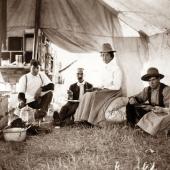
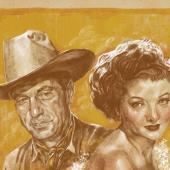
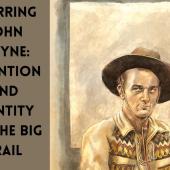

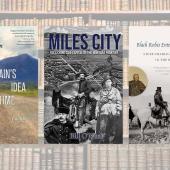

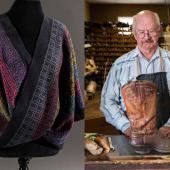
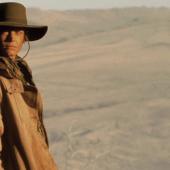




Leave a Comment Here